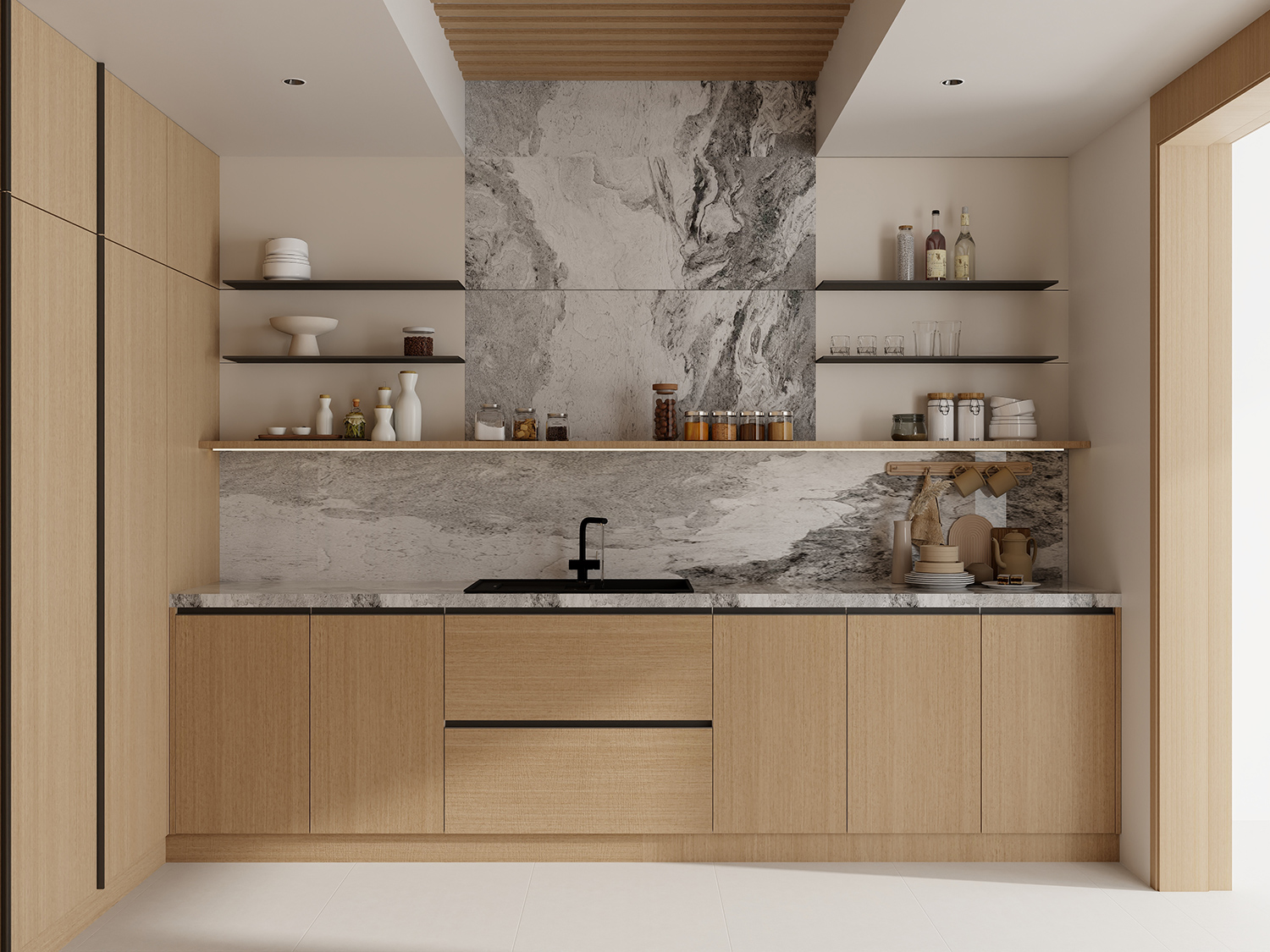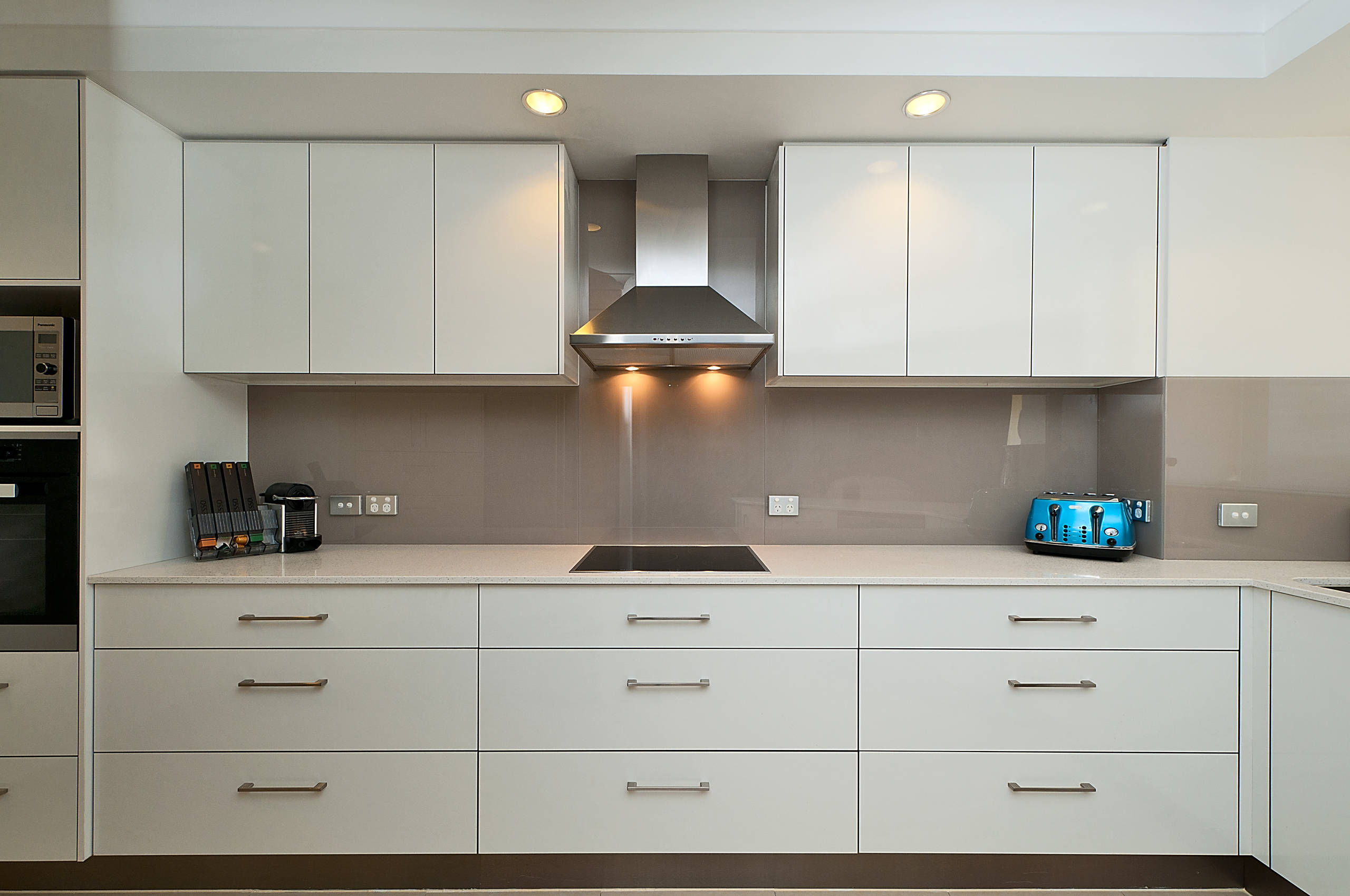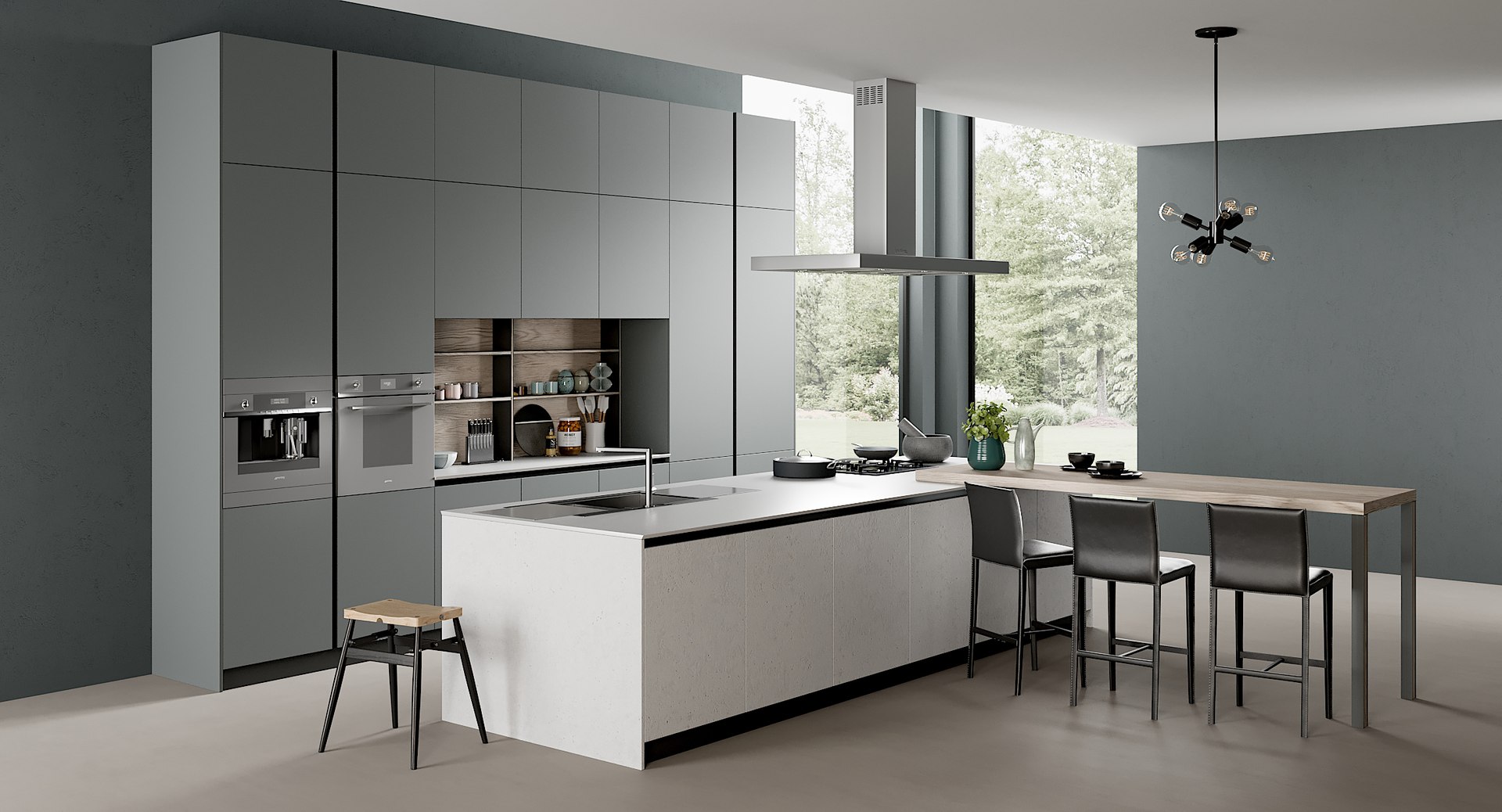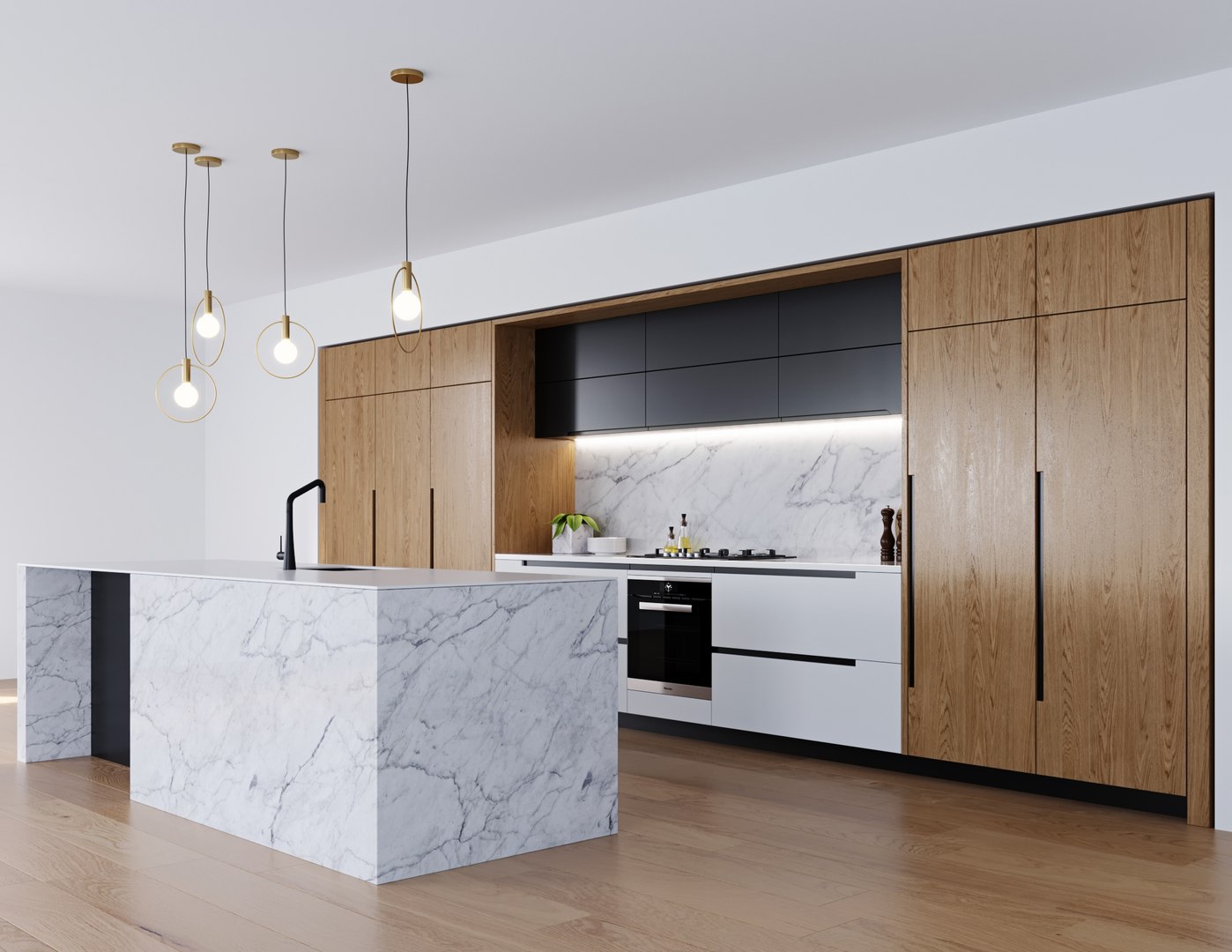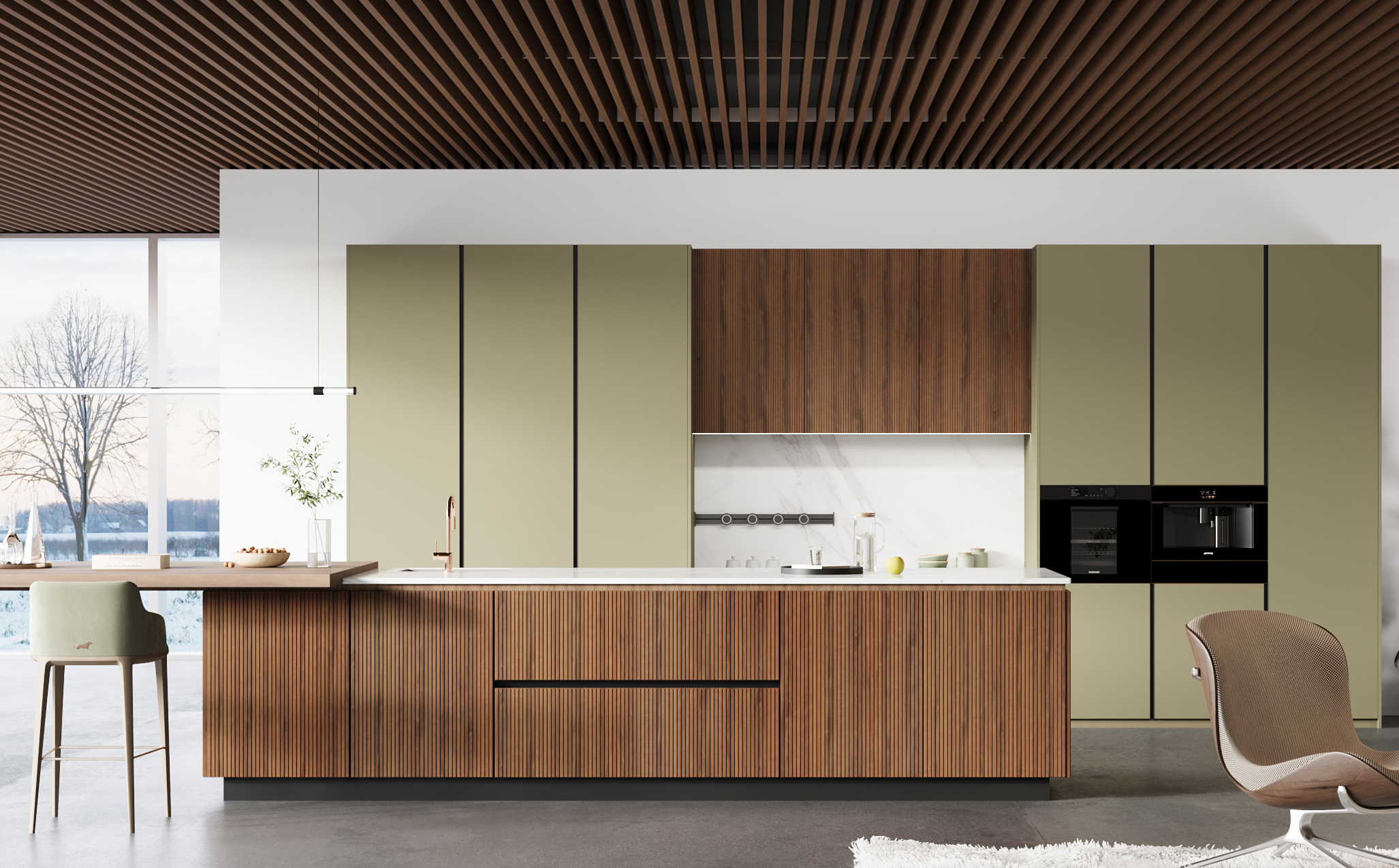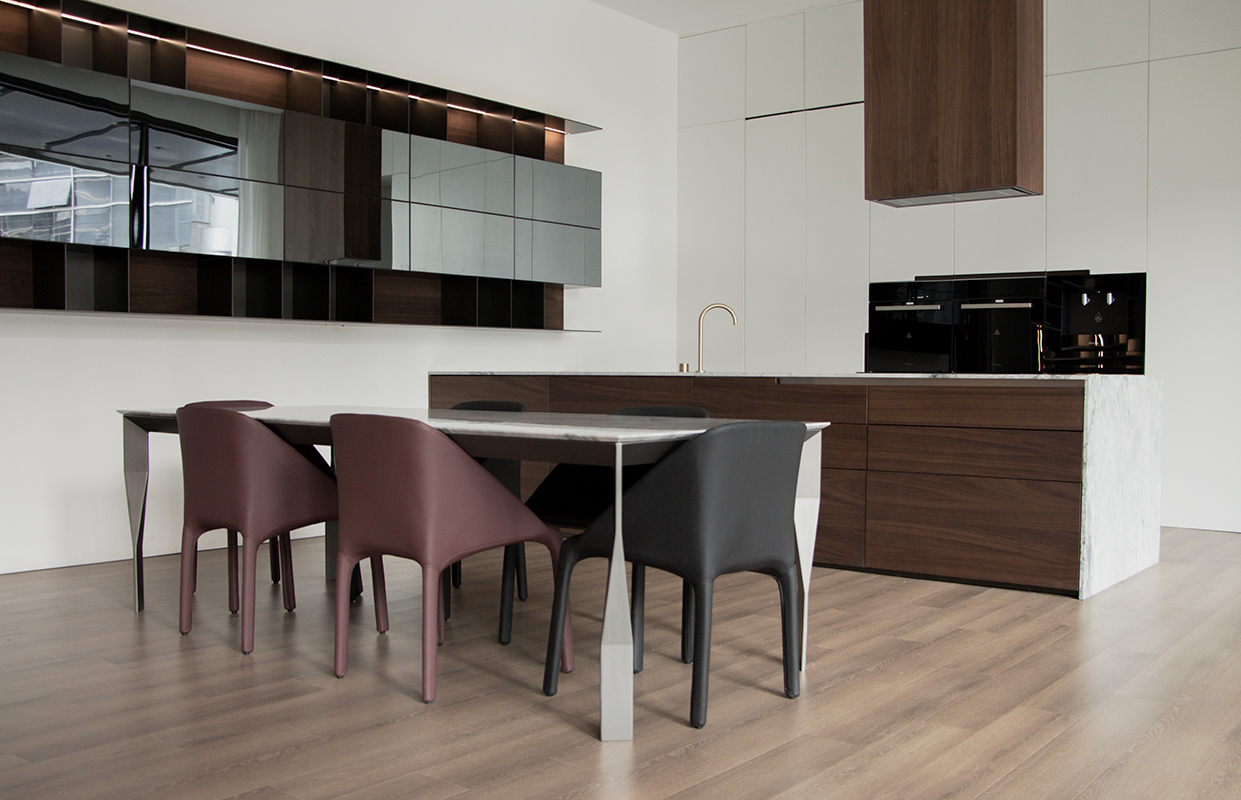The growing awareness of environmental issues has significantly influenced the interior design field, particularly in kitchen cabinetry. Modern cabinet design increasingly incorporates sustainable materials, reflecting a commitment to eco-friendliness and resource conservation. This article explores various sustainable materials and practices that are shaping the future of cabinet design.
Key Sustainable Materials
FSC-Certified Wood: The Forest Stewardship Council (FSC) certification ensures that wood is sourced from responsibly managed forests. This certification is crucial for maintaining ecological balance and conserving forest resources.
Reclaimed Wood: Utilizing reclaimed wood from old structures like barns and warehouses not only provides a unique aesthetic but also reduces the demand for new lumber, thus conserving resources.
Bamboo: As a rapidly renewable resource, bamboo is an excellent choice for eco-friendly cabinetry. It grows much faster than traditional hardwoods and offers durability and strength comparable to more conventional wood species.
Medium Density Fiberboard (MDF): Made from recycled wood fibers, MDF is a sustainable option for cabinet construction. It repurposes wood waste, reducing environmental impact while providing a durable material for cabinetry.
Lyptus Wood: A hybrid of eucalyptus species, Lyptus grows quickly and regenerates from harvested trees, making it a sustainable alternative to traditional hardwoods.
Eco-Friendly Practices in Cabinet Making
Soy-Based Glues: Traditional adhesives often contain formaldehyde, a harmful chemical. Soy-based glues are renewable and biodegradable, offering a safer alternative for both the environment and indoor air quality.
Low-VOC Finishes: Volatile Organic Compounds (VOCs) can degrade indoor air quality. Using water-based or natural oil finishes with low VOC content ensures a healthier indoor environment.
Recycled Content: Incorporating recycled metal and glass into cabinet design reduces the need for new resources and minimizes waste.
Local Sourcing: Procuring materials locally reduces the carbon footprint associated with transportation and supports the local economy.
Benefits of Sustainable Cabinet Design
Environmental Impact: By choosing sustainable materials, homeowners can significantly reduce their carbon footprint and contribute to environmental conservation.
Healthier Homes: Low-VOC materials and formaldehyde-free options improve indoor air quality, promoting a healthier living space.
Longevity and Durability: Sustainable materials like bamboo and reclaimed wood are not only eco-friendly but also durable, ensuring that cabinets last longer and require less frequent replacement.
How do sustainable cabinets compare to traditional cabinets in terms of durability?
Sustainable cabinets made from materials like recycled steel or aluminum are exceptionally durable and long-lasting, often requiring less maintenance compared to traditional wood cabinets. Materials like bamboo and reclaimed wood also offer high durability and longevity.
What are the environmental benefits of using sustainable materials for kitchen cabinets?
Sustainable materials often have a lower environmental impact as they are made from renewable or recycled resources. They help in reducing pollution, conserving natural resources, and promoting a healthier environment by lowering VOC emissions.
Do sustainable materials limit design options for kitchen cabinets?
Sustainable materials provide a wide range of design flexibility and style options. They can be customized with various finishes to fit different aesthetic preferences, ensuring that style and quality are not compromised.
Conclusion
Sustainable materials in modern cabinet design offer a harmonious blend of aesthetics, functionality, and environmental responsibility. As consumer demand for eco-friendly options continues to rise, these materials and practices are set to become even more integral to the design and manufacturing of kitchen cabinetry. By opting for sustainable choices, homeowners can enjoy beautiful, durable kitchens that are kind to both the planet and their health.


